| বাংলায় পড়ুন | Researchers and Reporters: Tanjil Fuad Ayesha Maria |
When the Internet first started, it only consisted of static web pages that contained data. The experience of using websites is now being elevated to a new level by artificial intelligence. Websites have evolved from simple digital brochures to sophisticated, adaptable, and customized platforms that comprehend user demands and adjust experiences accordingly.
AI is revolutionizing how we shop, surf the web, and interact with technology, whether it’s through product recommendations on e-commerce sites, chatbots that respond to consumer inquiries, or content recommendation systems that present the appropriate information.
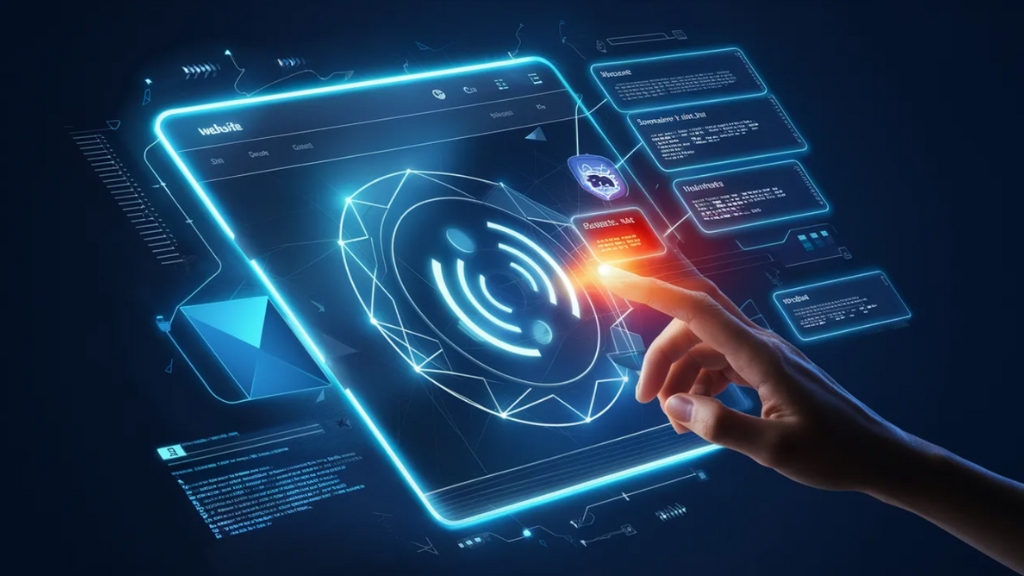
What is an AI-powered website?
Machine learning (ML), natural language processing, and data analytics are some of the technologies used by AI-powered websites to enhance user experience. With the use of these technologies, websites may examine user behavior, forecast their preferences, and adjust content display.
E-commerce websites, for instance, use demographic data, browsing history, and purchase patterns to suggest relevant products. Similarly to this, AI is used by streaming services like Netflix and Spotify to create playlists of music, movies, or TV shows according to user preferences.
Key Features of AI-Powered Websites
- Hyper-Personalization
AI’s ability to evaluate user data and create a tailored experience is one of its most significant advantages. It is capable of examining a user’s surfing habits, search history, and movements to suggest pertinent goods, services, or information.
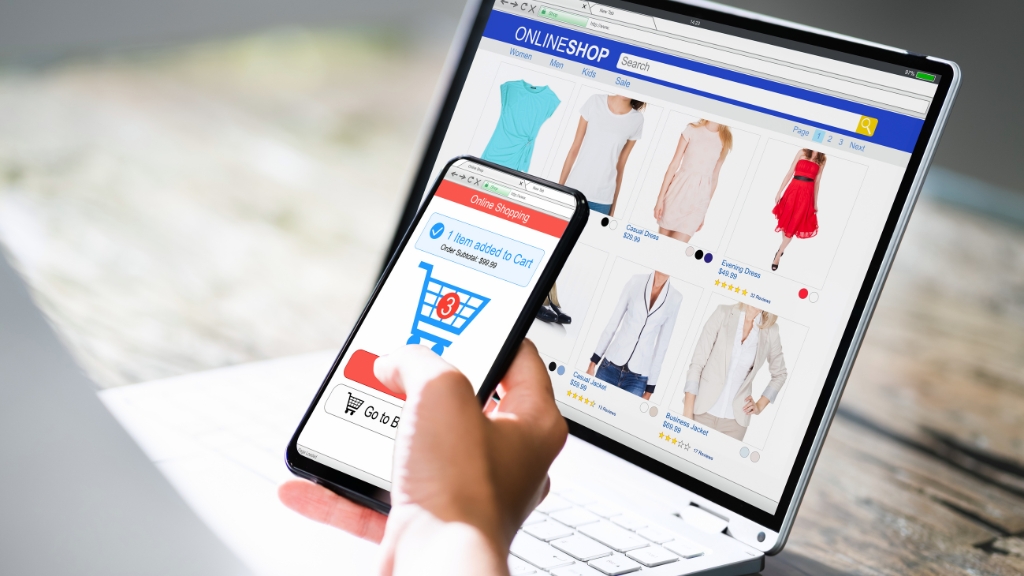
College students are advised to wear casual attire, while young professionals are shown formal attire by an online fashion retailer. Users are more interested in a website when they have a personalized experience.
- Chatbots and Virtual Assistants
AI-driven chatbots have revolutionized customer support. Customer service effectiveness is increased by their ability to respond to user inquiries promptly and precisely.
Chatbots are being used by businesses to help customers with shopping, answer frequently asked inquiries, and even make appointments on their websites. Travel websites, for instance, deploy AI-powered bots to assist users with reservations for hotels, flights, and rental cars.
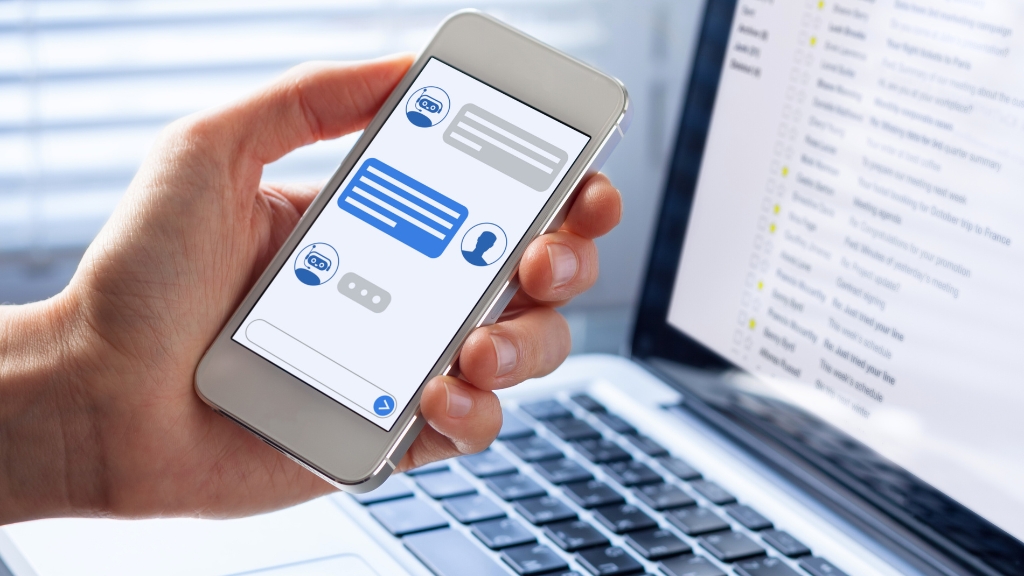
- Real-time content changes
Websites that use AI can instantly adapt their content according to user activity.
Headlines on news websites, for example, are arranged according to user preferences. Technology-related news will be displayed appropriately by AI if a user reads more of it.
- Predictive Analytics
By examining a user’s prior behavior, AI can forecast what they might need in the future.
An online grocery store, for instance, can anticipate when a customer would want to purchase additional inventory of the items they require and notify them as necessary.
- Voice and Visual Search
AI is now making speech and image-based searches possible. Instead of typing on a keyboard, users can search by simply speaking.
In a similar vein, users can upload a photo of a product and use visual search to find related products.

How is AI improving user experience?
- Easier accessibility
AI is bringing inclusivity to websites
- Voice assistants driven by artificial intelligence are available to aid the blind and visually impaired.
- Instantaneous multilingual translation makes websites more accessible to users from around the world.
- Seamless and automated navigation
Websites that use AI automatically show pertinent content so that users may quickly locate the information they need without making too many clicks.
- Faster loading and increased performance of websites
With AI, website loading times can be shortened, and server performance can be improved.

Benefits for businesses and users
As for businesses:
- Boost user engagement and revenue: Tailored experiences entice visitors to stay on the website longer.
- Lower customer service expenses: Chatbots can offer quicker assistance, which lowers personnel expenses.
- Data-driven decisions: By using AI to examine user behavior, companies can come up with new methods that work.
For users:
- Locate products and content more quickly: AI makes the best suggestions based on user preferences.
- Save time: Voice search and customized navigation help consumers save time.
- Better customer service: AI chatbots offer immediate assistance.
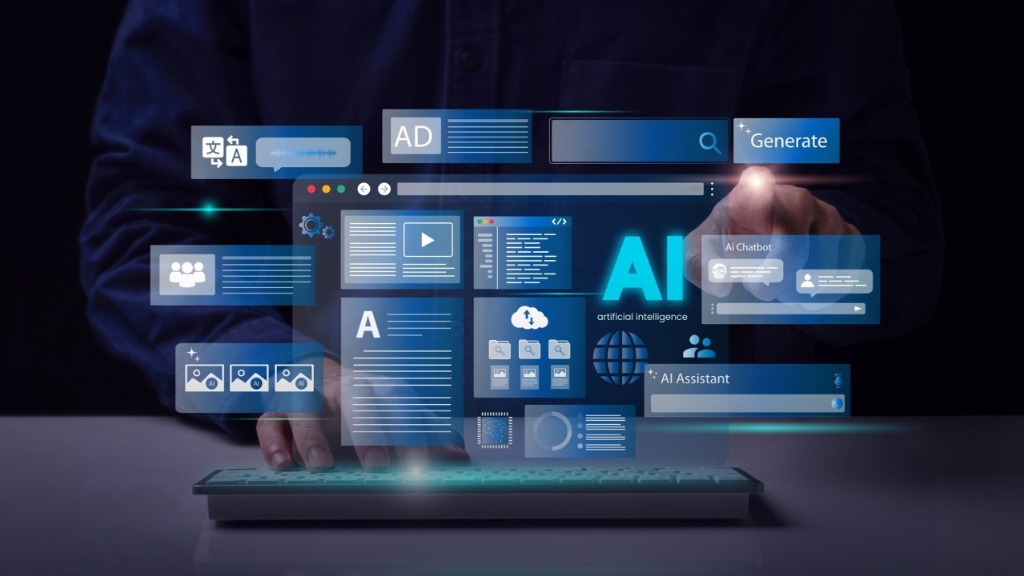
Future Trends
- Generative AI: It is capable of producing customized material automatically.
- AR and VR: AI-driven augmented reality and virtual reality technologies will revolutionize how people interact with websites.
- Edge AI: It can process data locally, resulting in increased security and quicker replies.
Websites with AI capabilities are radically changing the user experience. It is improving the efficiency, intelligence, and personalization of web browsing. Future advancements in AI technologies will significantly enhance the online experience, despite obstacles like data privacy and AI prejudice.

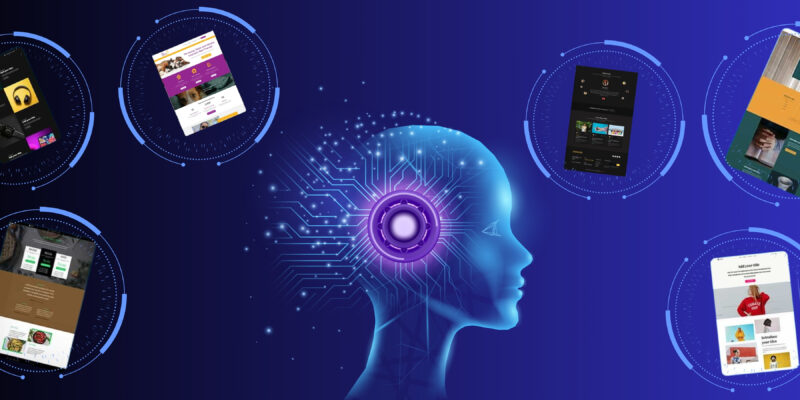
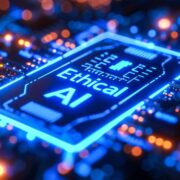
















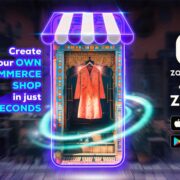


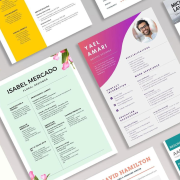
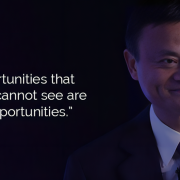




Comments